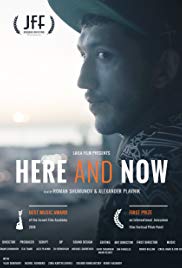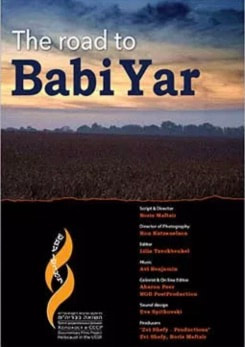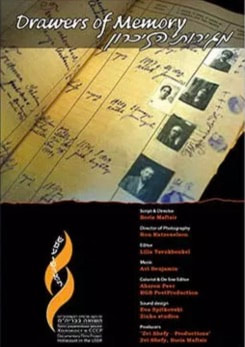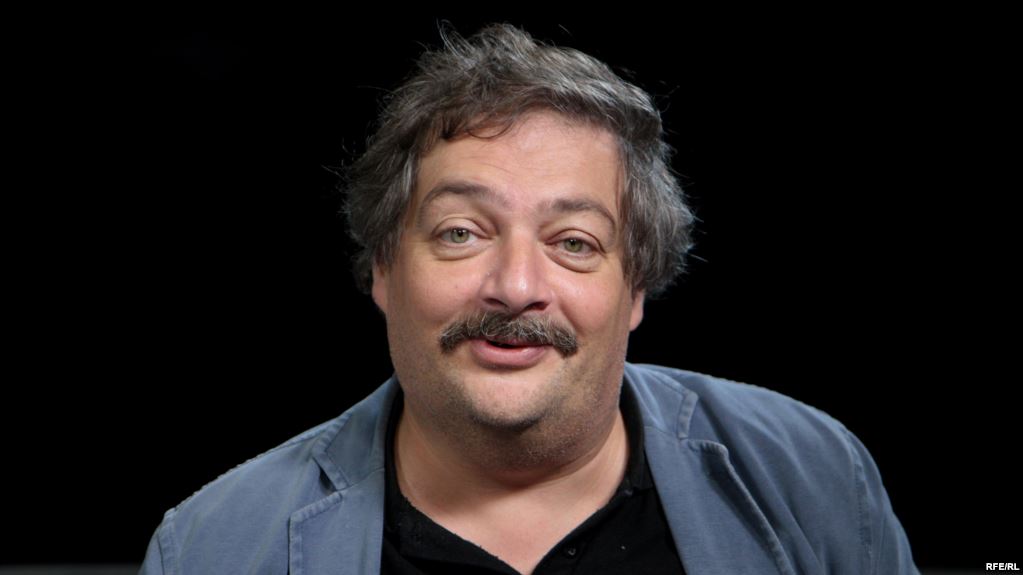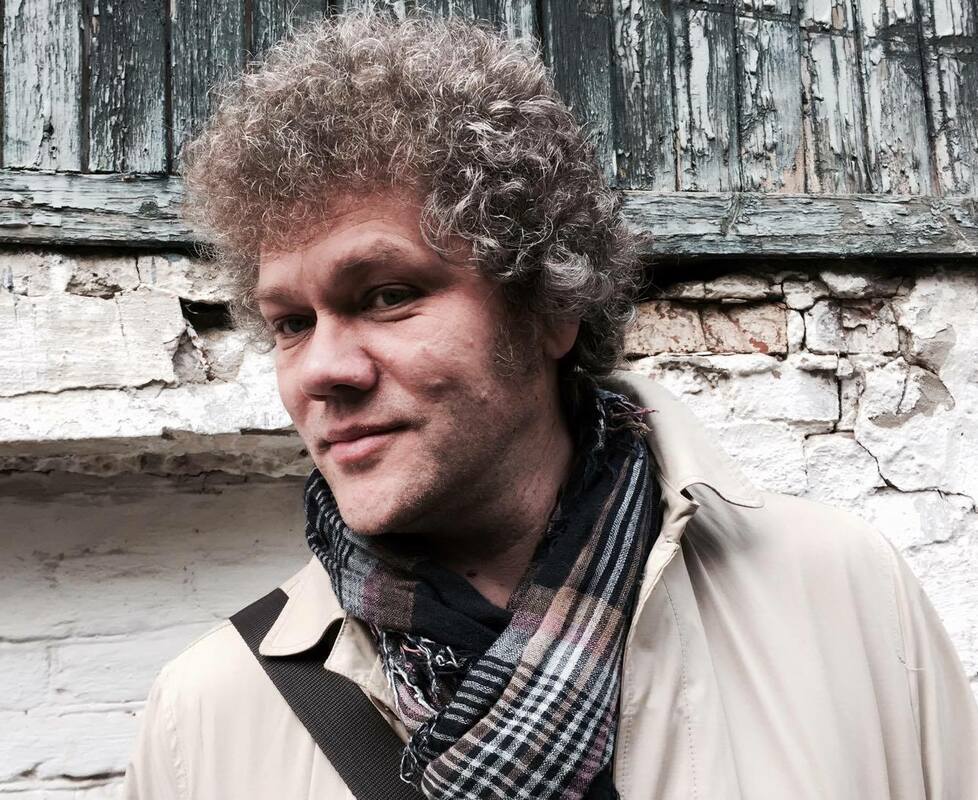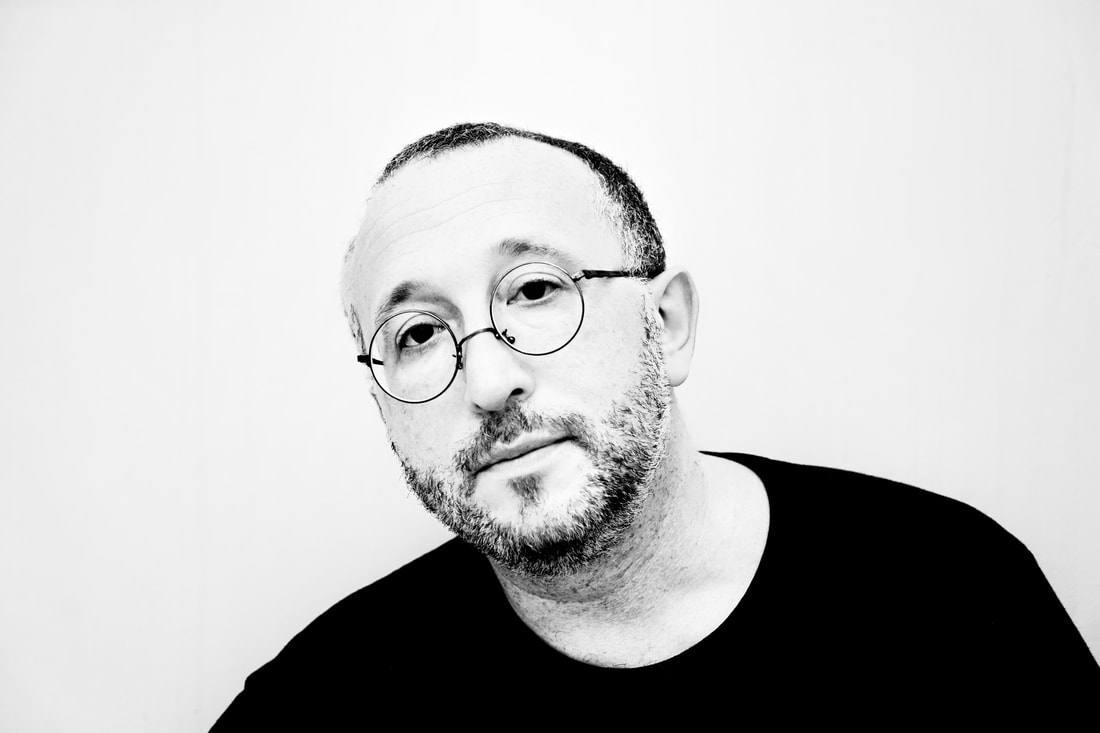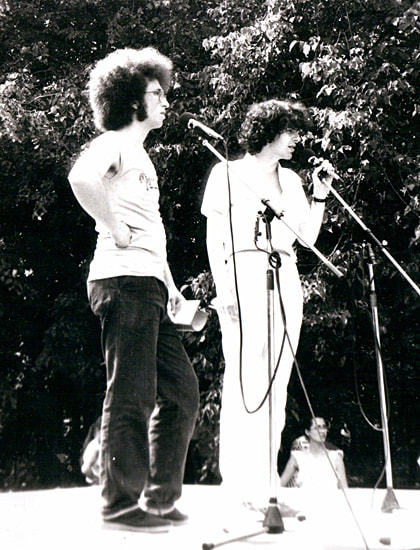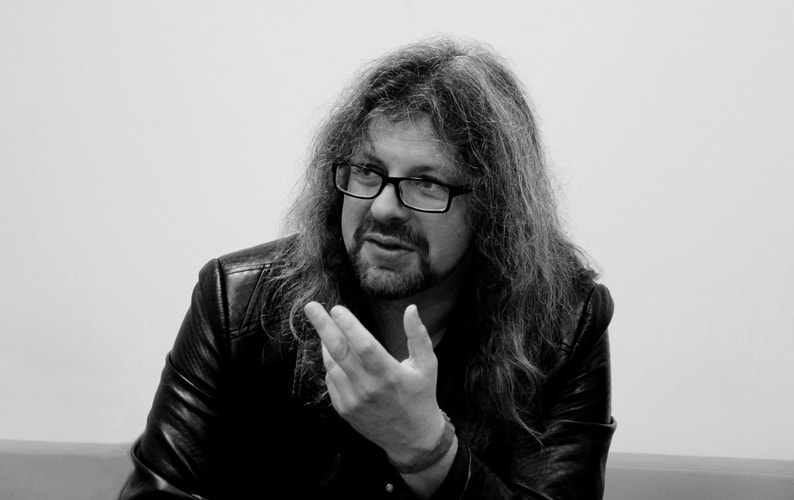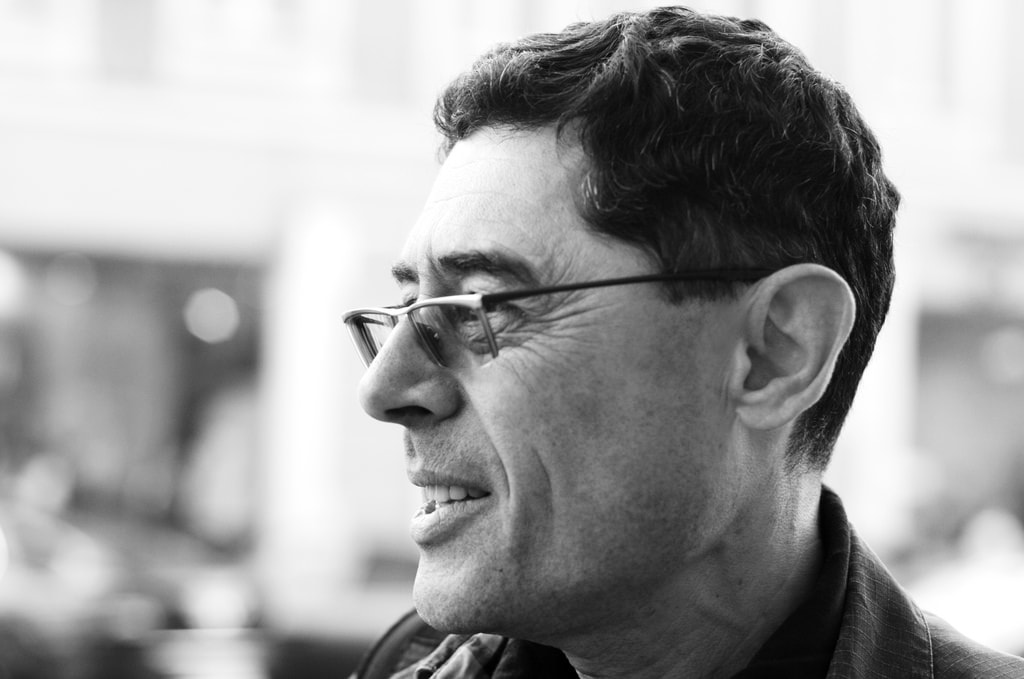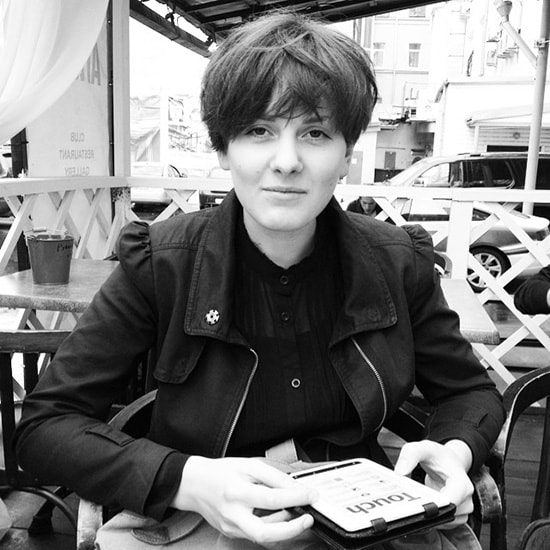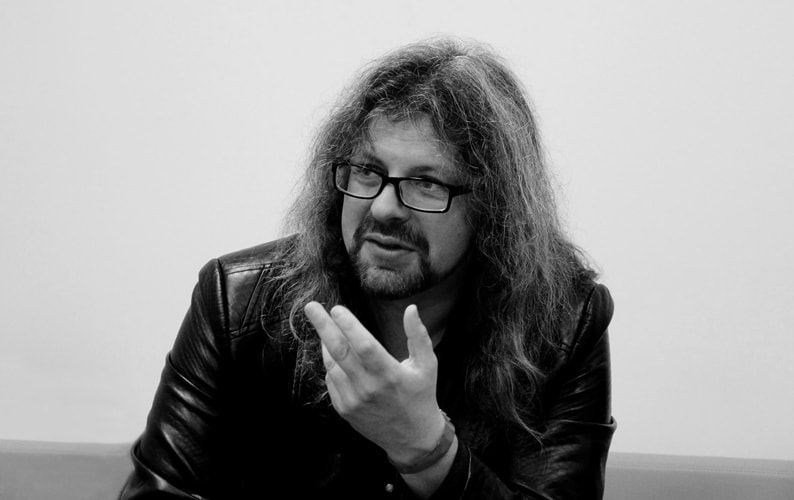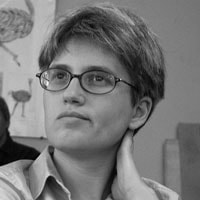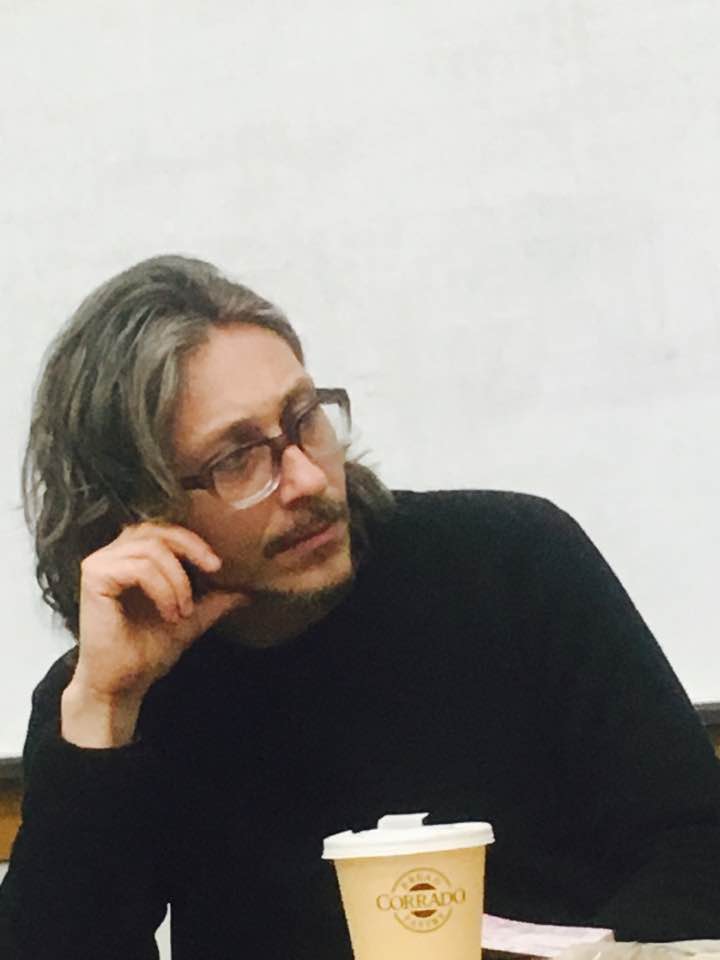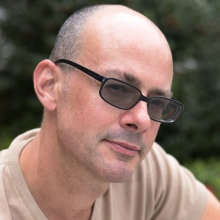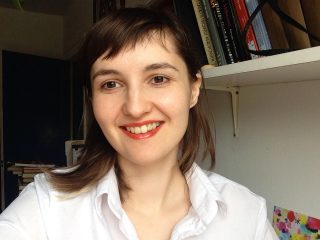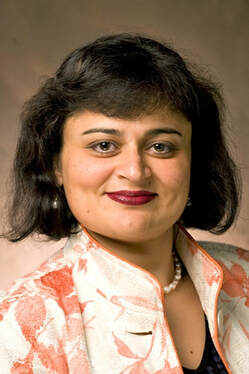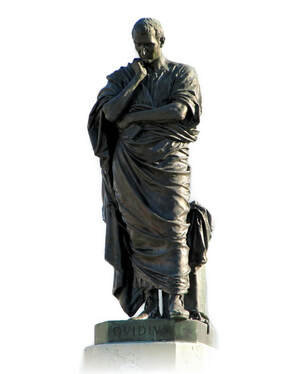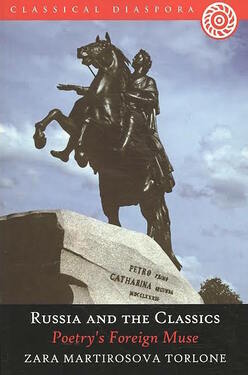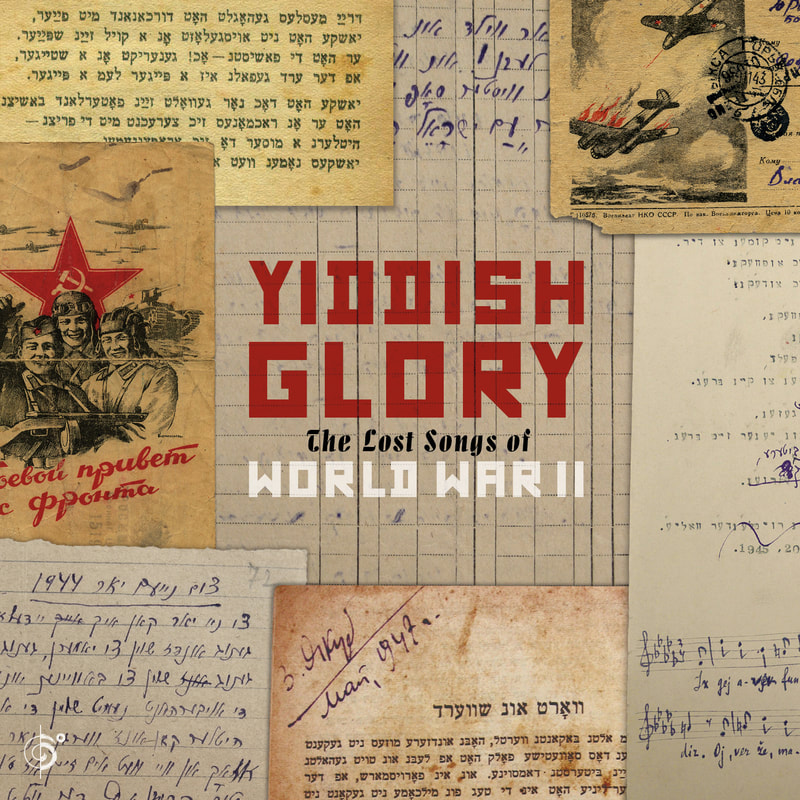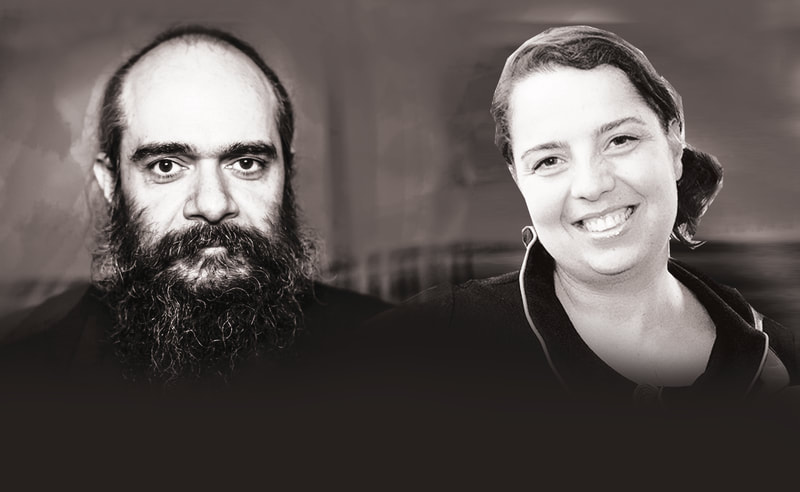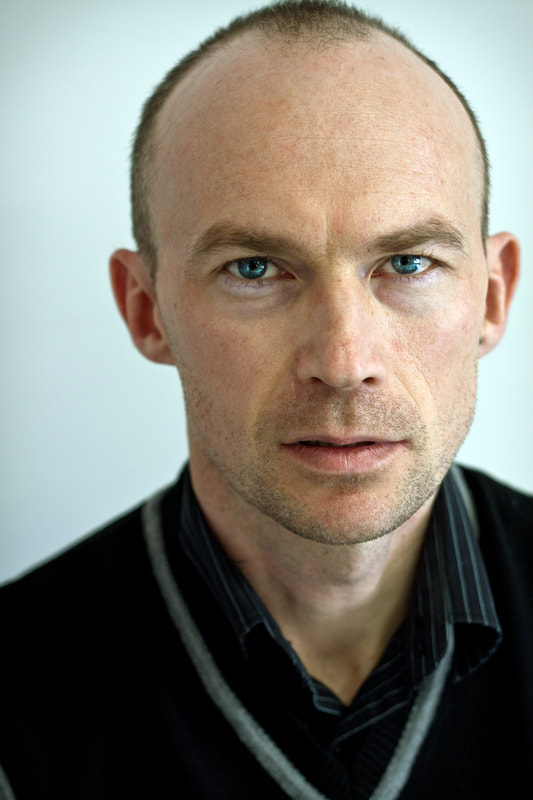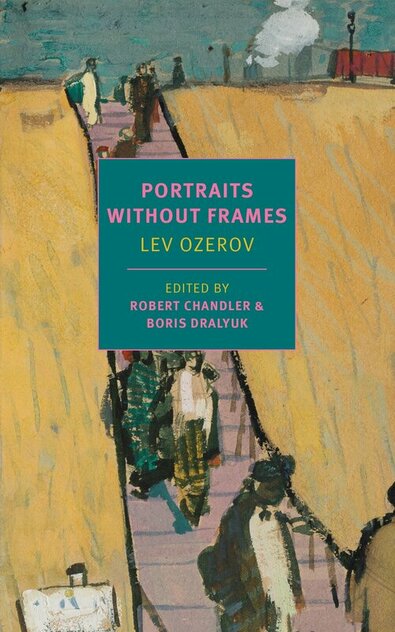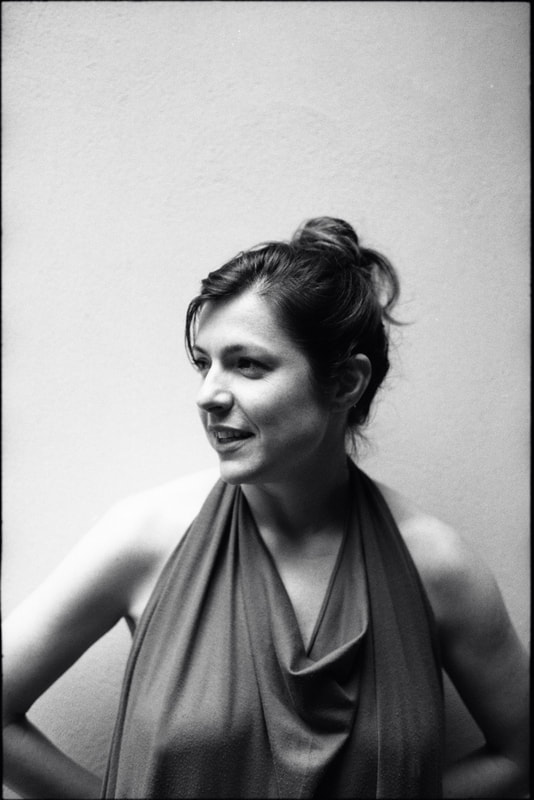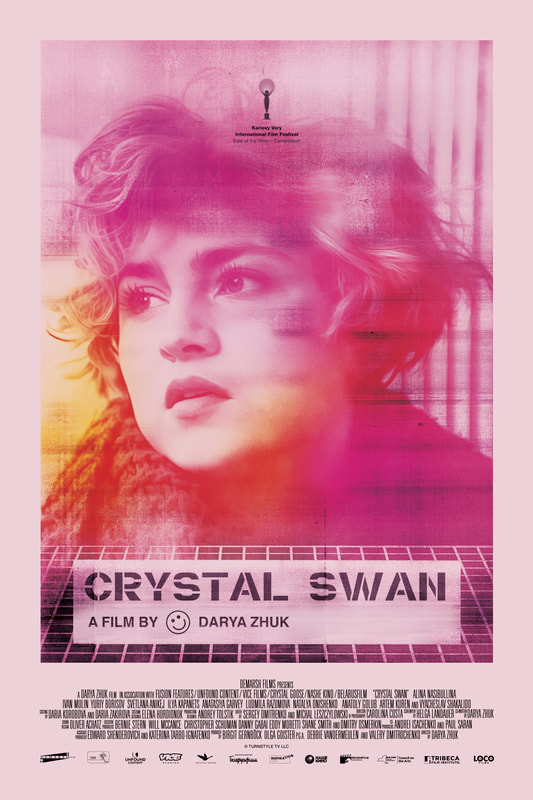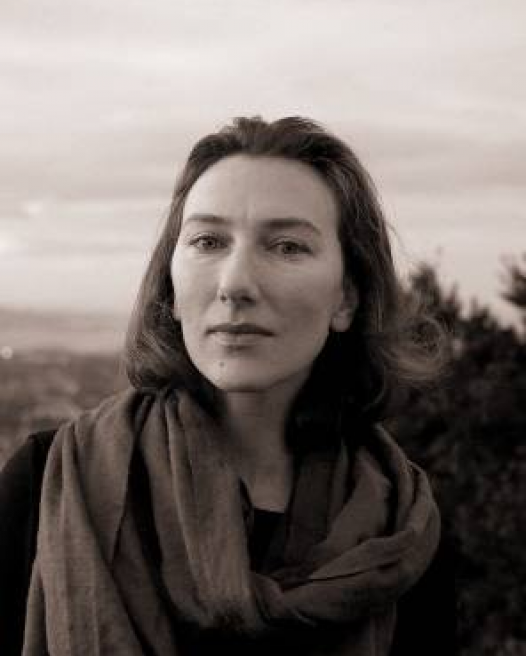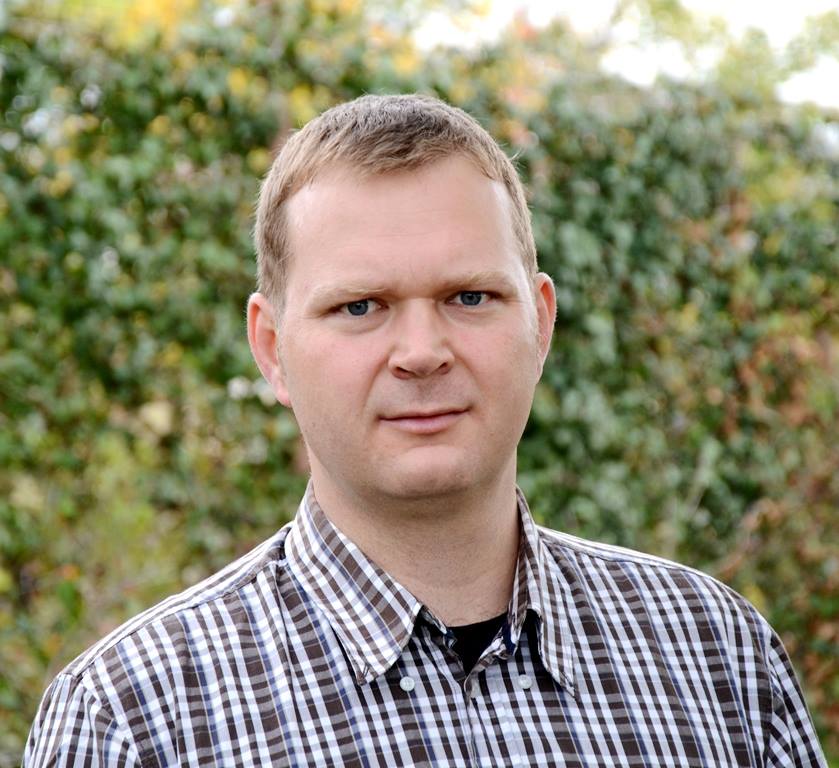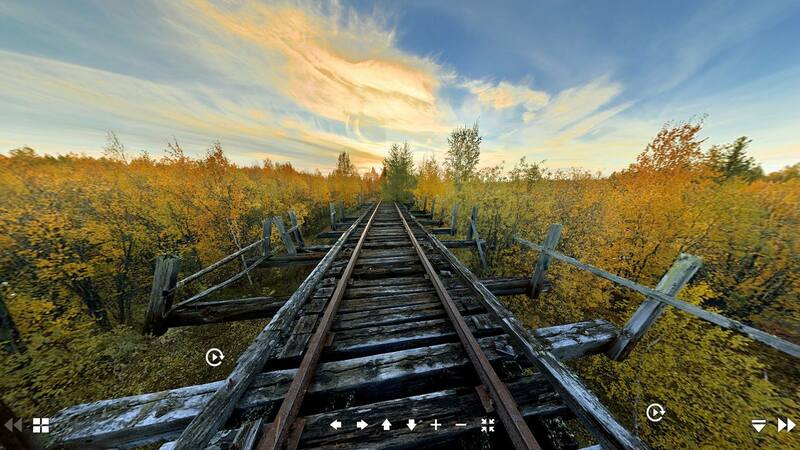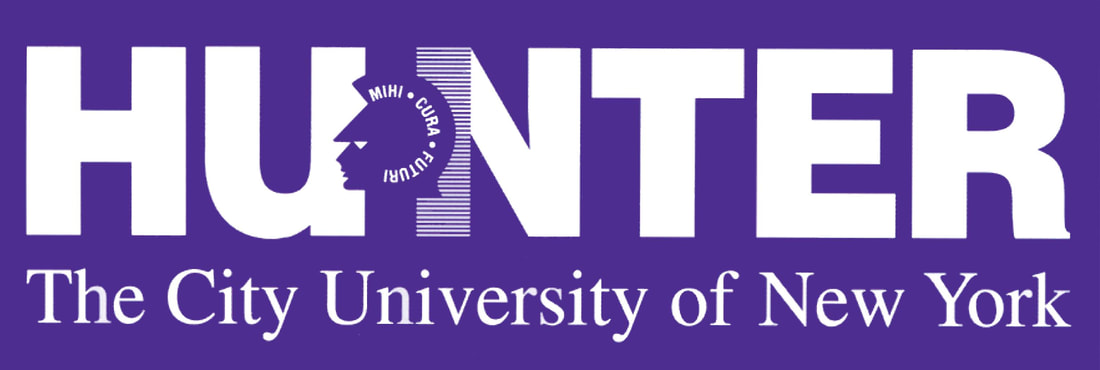SPRING 2019
February 3, Sunday. Ida Lang Recital Hall (Hunter North, 4th Floor). 2 - 8 pm.
Eighth Annual Diaspora - Israeli-Russian Film Festival
February 7, Thursday. Elizabeth Hemmerdinger Center (Room 706, Hunter East). 4 pm
Dmitry Bykov (Moscow). "Lolita, Quiet Flows the Don, and Doctor Zhivago: The Metaplot of a Revolutionary Novel." Lecture
February 20, Wednesday. B126 (Chanin Language Center, Hunter West). 5:30 pm
Aleksei Nikitin (Kyiv). "Ukrainian Literature in the Russian Language: A New Phenomenon that Causes Debates." Lecture
February 26, Tuesday. B126 (Chanin Language Center, Hunter West). 5:30 pm
Stanislav Lvovsky (Oxford, UK). Poems from the Book and Other Poems. Bilingual poetry reading
March 12, Tuesday. Elizabeth Hemmerdinger Center (Room 706, Hunter East). 6 pm
Dmitry Kuzmin (Latvia). "Reframing Russian Poetry in the 1990s." Lecture and poetry reading
March 20, Wednesday. Elizabeth Hemmerdinger Center (Room 706, Hunter East). 6 pm
"Your Language, My Ear." Bilingual poetry reading by Dmitry Kuzmin, Galina Rymbu, Elena Mikhailik and Leonid Schwab
March 26, Tuesday. B126 (Chanin Language Center, Hunter West). 5:30 pm
Zara Torlone (Miami University, Oxford, OH). "“Joy of Exile: Ovid in the Poetry of Pushkin, Mandelshtam, and Brodsky.” Lecture
April 9, Tuesday. Lang Recital Hall (Hunter North, 4th Floor). 6:30 pm
Psoy Korolenko and Anna Shternshis (University of Toronto). Yiddish Glory. The Lost Songs of WWII. Live performance
April 12, Friday. B126 (Chanin Language Center, Hunter West). 4 pm
Vladimir Kozlov. "Perestroika Punks: Growing up in the Soviet Union in the 1980s." Lecture followed by a screening of Traces on the Snow (Russia, 2014)
April 15, Monday. B126 (Chanin Language Center, Hunter West). 5:30 pm
Lev Ozerov. "Portraits without Frames." Bilingual poetry reading and book talk with the translators
May 2, Thursday. Elizabeth Hemmerdinger Center (Room 706, Hunter East). 6 pm
Crystal Swan (Belarus, USA, Germany, Russia; 2018) by Darya Zhuk | Film screening and Q&A
May 14. Tuesday. Elizabeth Hemmerdinger Center (Room 706, Hunter East). 6 pm
"A Journey to the Gulag." Film screening and conversation with Štěpán Černoušek (Czech Republic)
Eighth Annual Diaspora - Israeli-Russian Film Festival
February 7, Thursday. Elizabeth Hemmerdinger Center (Room 706, Hunter East). 4 pm
Dmitry Bykov (Moscow). "Lolita, Quiet Flows the Don, and Doctor Zhivago: The Metaplot of a Revolutionary Novel." Lecture
February 20, Wednesday. B126 (Chanin Language Center, Hunter West). 5:30 pm
Aleksei Nikitin (Kyiv). "Ukrainian Literature in the Russian Language: A New Phenomenon that Causes Debates." Lecture
February 26, Tuesday. B126 (Chanin Language Center, Hunter West). 5:30 pm
Stanislav Lvovsky (Oxford, UK). Poems from the Book and Other Poems. Bilingual poetry reading
March 12, Tuesday. Elizabeth Hemmerdinger Center (Room 706, Hunter East). 6 pm
Dmitry Kuzmin (Latvia). "Reframing Russian Poetry in the 1990s." Lecture and poetry reading
March 20, Wednesday. Elizabeth Hemmerdinger Center (Room 706, Hunter East). 6 pm
"Your Language, My Ear." Bilingual poetry reading by Dmitry Kuzmin, Galina Rymbu, Elena Mikhailik and Leonid Schwab
March 26, Tuesday. B126 (Chanin Language Center, Hunter West). 5:30 pm
Zara Torlone (Miami University, Oxford, OH). "“Joy of Exile: Ovid in the Poetry of Pushkin, Mandelshtam, and Brodsky.” Lecture
April 9, Tuesday. Lang Recital Hall (Hunter North, 4th Floor). 6:30 pm
Psoy Korolenko and Anna Shternshis (University of Toronto). Yiddish Glory. The Lost Songs of WWII. Live performance
April 12, Friday. B126 (Chanin Language Center, Hunter West). 4 pm
Vladimir Kozlov. "Perestroika Punks: Growing up in the Soviet Union in the 1980s." Lecture followed by a screening of Traces on the Snow (Russia, 2014)
April 15, Monday. B126 (Chanin Language Center, Hunter West). 5:30 pm
Lev Ozerov. "Portraits without Frames." Bilingual poetry reading and book talk with the translators
May 2, Thursday. Elizabeth Hemmerdinger Center (Room 706, Hunter East). 6 pm
Crystal Swan (Belarus, USA, Germany, Russia; 2018) by Darya Zhuk | Film screening and Q&A
May 14. Tuesday. Elizabeth Hemmerdinger Center (Room 706, Hunter East). 6 pm
"A Journey to the Gulag." Film screening and conversation with Štěpán Černoušek (Czech Republic)

